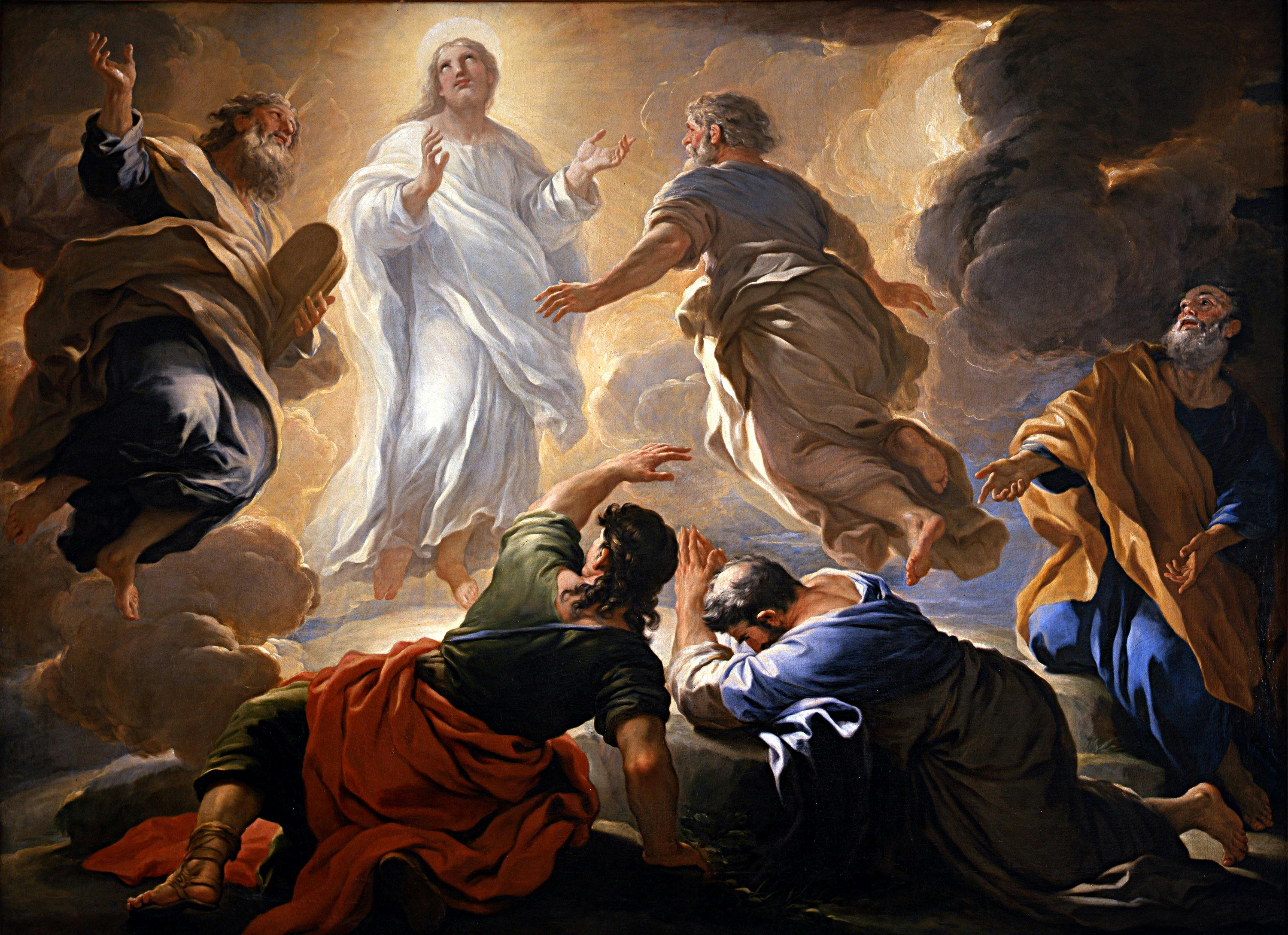+ 3rd Sunday in Lent – March 23rd, 2025 +
Series C: Ezekiel 33:7-20; 1 Corinthians 10:1-13; Luke 13:1-9
Beautiful Savior Lutheran Church
Milton, WA
In the Name of the Father and of the + Son and of the Holy Spirit. Amen.
We live in a world of transactions. And it’s not just the cash, credit, checks, Venmo, or Paypal we use. It’s the way we tend to look at the world. It’s why we honk the horn at the car in front of us when they cut in line while merging onto I-5, or why we snicker a little when the driver who just sped past you gets pulled over by the highway patrol a few miles down the road. We say things like, “well, serves them right.” or “you reap what you sow,” or “they had it coming.” “You know, what goes around comes around. Bad karma, payback,” and so on.
So often daily life is full of transactions (great and small) that we think God operates the same way. That good things happen to good people and bad things happen to bad people. And if something tragic happens, well, surely they must have done something to deserve that. We want things fair. Right. Justified…at least in our eyes and according to our rules.
But when it comes to life and faith, Jesus doesn’t play by our rules. And that’s a good thing. The Kingdom of God doesn’t operate like the kingdoms of this world - on credit and transaction. There’s no karma (good or bad) in the kingdom of God. It’s a kingdom of mercy for messups. Grace unearned and unmerited. In the Kingdom of God, the ungodly are justified. Outrageous forgiveness is given to undeserving sinners. It’s not about reaping what you sow, but rather living in Jesus’ gifts of repentance and forgiveness of sins.
We’re not told why some folks came up to Jesus in the early part of Luke 13, but perhaps they came seeking to justify themselves before others or get an answer from Jesus as to why bad things happen to good people, or give an explanation to what caused this or that tragedy or to go scorched earth on the Romans.
But Jesus doesn’t do whatever the crowds expected him to do.
There were some present at that very time who told him about the Galileans whose blood Pilate had mingled with their sacrifices. And he answered them, “Do you think that these Galileans were worse sinners than all the other Galileans, because they suffered in this way? No, I tell you; but unless you repent, you will all likewise perish.”
What did Jesus think about all this? His answer was rather surprising. You’d expect Him to comment one way or the other. Was their cause righteous or not? Did they die a martyr’s death or a deserved one? Instead Jesus turns the whole question back on the questioners. “Do you think these Galileans were worse sinners than anyone else from Galilee? Do you think you can measure the size of the sinner by the size of the suffering? No. I tell you, unless you repent, you will all likewise perish in the same way.”
Jesus goes on and offers an example of his own. “What about… those eighteen on whom the tower in Siloam fell and killed them: do you think that they were worse offenders than all the others who lived in Jerusalem? No, I tell you; but unless you repent, you will all likewise perish.”
Again, Jesus doesn’t point out the sins of others, as if Sin-A led to Tragedy-B. Instead, Jesus points his hearers back to their own sin. He points us back to our own sin. When sin and suffering happens in the world around us, or in the lives of others, we don’t lift up our heads in pride but fall on our knees in humility and repentance. Lord, have mercy on me, a sinner. That’s what I deserve too.
It’s a good thing that the kingdom of God doesn’t’ run on our merit, but God’s mercy. Not by what we deserve but by God’s undeserved kindness and grace. Not by what we have coming, but by what Jesus did for us. Your life isn’t found in karma, but in the cross of Christ.
That’s part of the point of Jesus’ little parable he tells right after this. A man had a fruitless fig tree that failed to produce for three years. He wanted to cut it down. It was taking up space, wasting land. But the gardener is a mediator. Give it another year. Aerate its roots, fertilize it. If it bears fruit great; if not then you can cut it down.
The parable was spoken against Israel. The time for repentance was growing short. For three years Jesus left His footprints all over Israel. Three years He came to seek and to save the lost. Three years of preaching, teaching, and miracles. Three years looking for repentance and faith in Israel. And time for Israel was running out. And yet, God is patient. He puts up with unbelief, hostility, rejection. He is patient, not wishing anyone in this world to perish but that all would come to repentance.
This is why he doesn’t give us what we deserve either. This is why the Scriptures echo the constant refrain. Return to the Lord your God, (why?) for he is gracious and merciful. Slow to anger and abounding in steadfast love. Our Lord is patient and merciful, desiring repentance and rescue not ruin.
When suffering and tragedy fall on us and others around us, it’s tempting to ask, no doubt we’ve all asked some form of this at one point or another: why do good things happen to bad people. The truth is, the real question is why do good things happen to sinners? Why does God not give us what we deserve? Why does he give us his undeserved love at all? And the answer to that goes like this:
Why do good things happen to bad people? That only happened once…and he volunteered.
God made him who knew no sin to become sin for you.
God shows his love for us in this, that while we were still sinners, Christ died for us.
This is love, not that we loved God but that he loved us and sent his Son as the atoning sacrifice for our sins.
And to the one who does not work but believes in him who justifies the ungodly, his faith is reckoned as righteousness.
In the Kingdom of God, we’re not given what we deserve. Instead, you’re given what is undeserved. You don’t reap what you sow, you receive what Christ has sown for you in his dying and burial in the grave and rising again. In the kingdom of God you don’t get yours or what you had coming to you. You get everything Jesus has: his life and his righteousness and his goodness.
Christ, your vine-dresser, has interceded for you. You live in his gifts of repentance and forgiveness. You live not by merit, but mercy. Not by your goodness but by his grace. Not by transactions but by the tree of the cross and the blood of Jesus shed for you.
In the Name of the Father and of the + Son and of the Holy Spirit. Amen.






